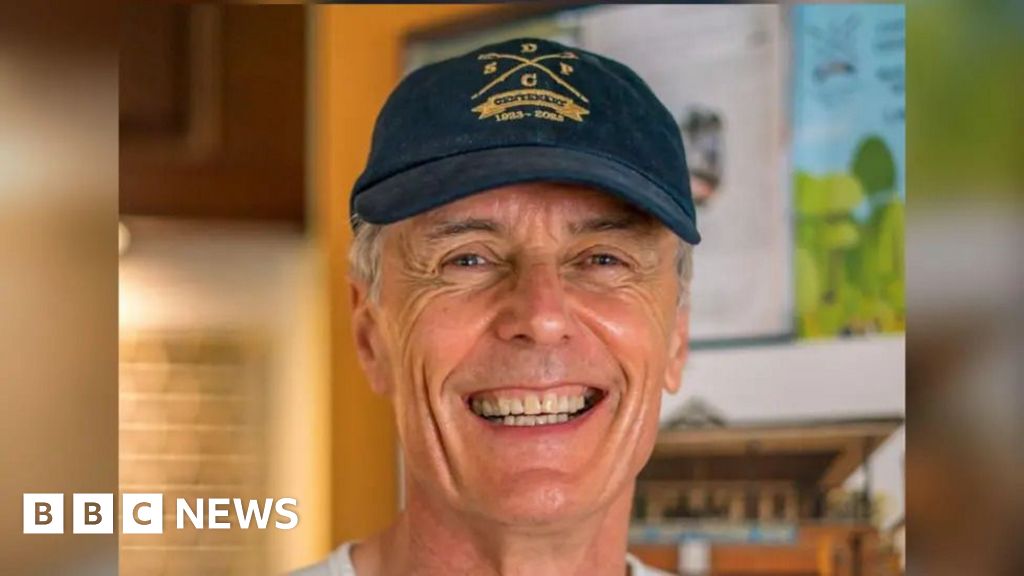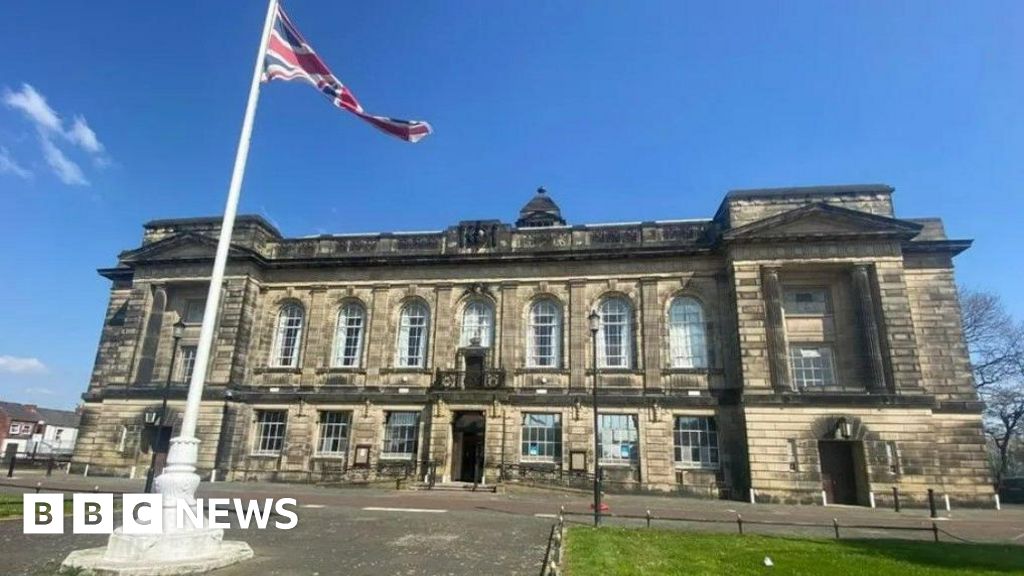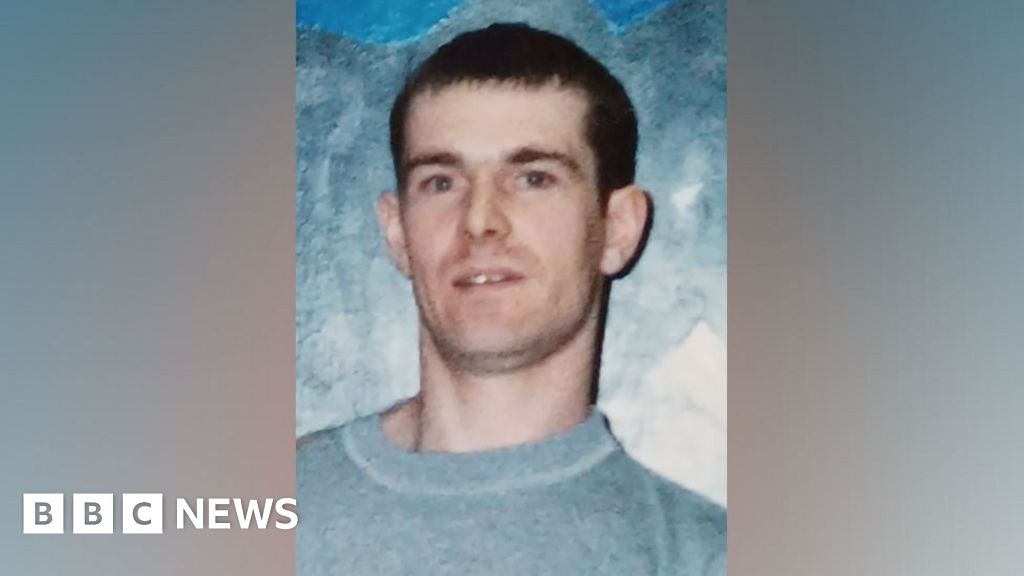- Soccer
Macron and Merz: Europe must arm itself in an unstable world
时间:2010-12-5 17:23:32 作者:Food 来源:Careers 查看: 评论:0内容摘要:said Tuesday it will limit approval forsaid Tuesday it will limit approval for
It has clinics, a birthing center and training for health professionals. The midwives who run the program welcome vulnerable patients that other practices turn away, such as those who are uninsured or haven’t had prenatal care until late in pregnancy.About half the patients and much of the staff, including Joseph, are people of color. Research shows Black Americans are more likely to distrust the medical system than their white counterparts, but Joseph stresses building trust.

Jennie Joseph, back left, lead midwife and clinic director at the Commonsense Childbirth clinic talks with client Regine Baramore as husband Scott holds six-week-old daughter, Yahareice. (AP Photo/John Raoux)Jennie Joseph, back left, lead midwife and clinic director at the Commonsense Childbirth clinic talks with client Regine Baramore as husband Scott holds six-week-old daughter, Yahareice. (AP Photo/John Raoux)“We have these four tenets that go with my model: access, connection, knowledge and empowerment,” she said. Some patients “cry because they’ve never had that kind of care or respect.”

All of this, Joseph said, contributes to better outcomes. With thousands of patients over about 26 years, she and her colleagues have never had a maternal death.— which refers to the death of a woman from pregnancy or childbirth complications during or within 42 days of a pregnancy — generally has been rising in the U.S. About 700 women die each year, with another 60,000 suffering related injuries or severe complications.

A controversial study recently attributed the increase to a change in how they’re recorded: a “pregnancy checkbox” on death certificates recommended by the National Center for Health Statistics partly to fix an undercount. But the U.S. Centers for Disease Control and Prevention and many doctors pushed back against
, which suggested the rate is about 10 in 100,000 live births. Some say the true rate may be somewhere in between — meaning it’s still higher than other wealthy nations.The ranch where she kept her horses, the historic Bob Williams Ranch on Cheney Trail, burned, she said. McKenzie lost her equipment but another ranch has said they’ll give her a saddle and bridle.
Suzanne Cassel evacuated Tuesday from Topanga with her two horses, a donkey named Oscar Nelson, four dogs and two cats. They rushed to nab a spot at a large animal emergency shelter at Pierce College, a community college in Woodlands Hills.Her horses are together in the shelter, while the dogs and cats are staying in the horse trailer. Her donkey, though, was feeling down in a stall by himself.
“He’s lonely, so I just went inside and sat in the stall with him for half an hour, and he liked that because nobody likes to be alone when you’re a herd animal,” she said.Buturovic, who runs the dog rescue shelter, took some of her canines to Harvilicz’s old hospital and others to a friend’s home in Venice.
- 最近更新
- 2025-07-07 09:43:24Explosions seen in sky over Doha, Qatar
- 2025-07-07 09:43:24Iranian missile barrage strikes Israel after deadline Trump announced for ceasefire p…
- 2025-07-07 09:43:24The 11 best hot sauces of 2025, according to chefs
- 2025-07-07 09:43:24TikTok Shop food listings 'putting people at risk'
- 2025-07-07 09:43:24What the US and Israel really want from Iran
- 2025-07-07 09:43:24We found 15 universally flattering lipsticks that look amazing on all skin tones
- 2025-07-07 09:43:24Kari Lake guts Voice of America as U.S. reporters face threats abroad
- 2025-07-07 09:43:24As visitors flock to parks, deep cuts leave rangers and wildlife at risk
- 热门排行
- 2025-07-07 09:43:24Tariffs on Canada and Mexico Could Raise Car Insurance
- 2025-07-07 09:43:24Putin will seek revenge for Ukraine drone attack, warns Trump
- 2025-07-07 09:43:24How the Fed rate affects your savings accounts
- 2025-07-07 09:43:24Walmart just announced its biggest sale of the summer: These 25 deals are already live
- 2025-07-07 09:43:24Tropical Depression 3 expected to strengthen before South Carolina landfall
- 2025-07-07 09:43:24What is life like for Gaza evacuees?
- 2025-07-07 09:43:24Clean-Out-the-Fridge Vegetable Soup
- 2025-07-07 09:43:24Cute and flattering not-too-short shorts that will keep you cool all summer long
- 友情链接
- OpenAI and Jony Ive accused of trying to ‘bury’ rival start-up US-Israel-Iran conflict: List of key events, June 24, 2025 US-Israel-Iran conflict: List of key events, June 24, 2025 The poppiest pop-ups of summer 2025 Trump signals sanctions relief for China to buy Iran’s oil Is the 12-day Israel-Iran war really over – and who gained what? Dozens killed in Russian attacks on Ukraine, Dnipro worst hit Trump is seeking a quick US exit from Israel-Iran conflict. Will it work? London’s independent ad agencies will survive the AI apocalypse Oil prices pare losses as ceasefire threatened US whistleblower accuses Trump officials of willfully ignoring court orders Who is attending the NATO summit and what’s on the agenda? US judge allows company to train AI using copyrighted literary materials US whistleblower accuses Trump officials of willfully ignoring court orders Stablecoins ‘perform poorly’ as money, central banks warn Nato chief Rutte praises Trump for making Europe ‘pay in a BIG way’ Greece probes Azerbaijani arrested for espionage for links to Iran The poppiest pop-ups of summer 2025 Lessons from my 30-year war on acne Lessons from my 30-year war on acne Trump: no ‘regime change’ in Iran, urges calm after strikes Nato chief Rutte praises Trump for making Europe ‘pay in a BIG way’ Russia-Ukraine war: List of key events, day 1,216 US attacks on Iran risk global conflict, Russia and China warn Trump questions mutual defence as NATO gets set to boost defence spending US attacks on Iran risk global conflict, Russia and China warn ‘It’s not peace – it’s a pause’: Iranians sceptical ceasefire will hold Rishabh Pant, KL Rahul centuries set up epic England run chase on day five Oil prices pare losses as ceasefire threatened Israel, Iran in shaky ceasefire as Trump lashes out at both
